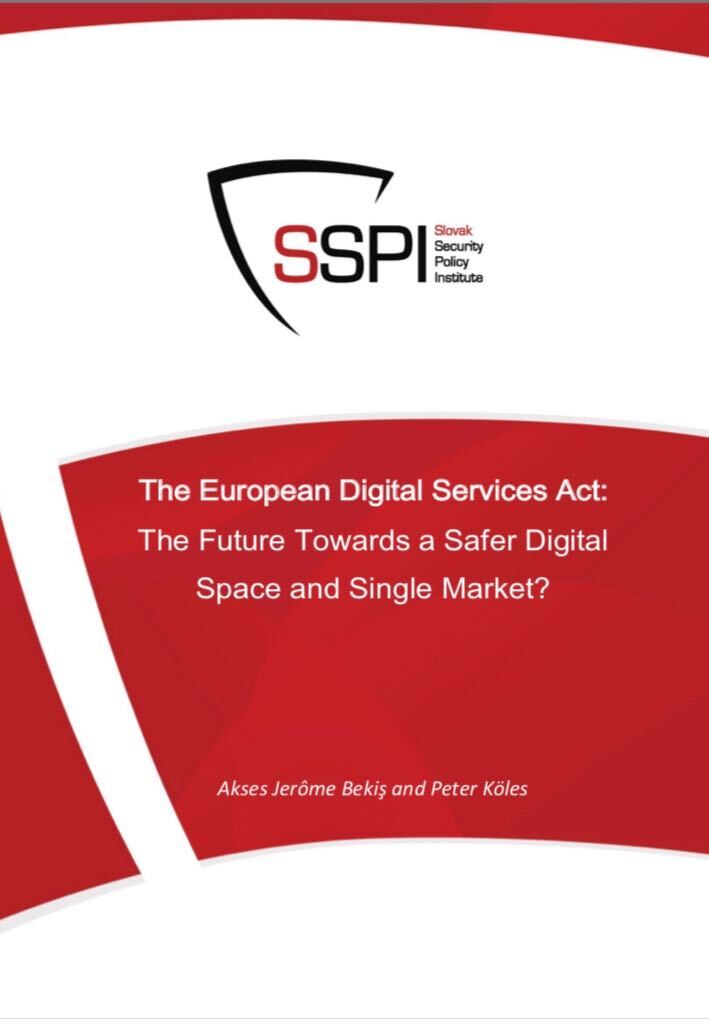The European Digital Services Act: The Future Towards a Safer Digital Space and Single Market?
It has been twenty years since the European Union introduced its cornerstone legislative framework on the bloc’s digital single market and space by the name of the e-Commerce directive. Nevertheless, it is undeniable that over the last twenty years the internet and digital space have changed and evolved enormously, which has resulted as well in the emergence of new challenges such as the dominant market position of tech giants and disinformation.
It is in the face of these developments and challenges that the European Commission under Ursula von der Leyen has committed itself as part of its wider Digital Strategy to introduce a new legislative framework by the name of the Digital Services Act (DSA) which alongside the Digital Markets Act will replace the bloc’s e-Commerce directive. The DSA’s draft has just recently been released in the December of last year shortly after having completed its public consultation in the September of the same year.
The necessity for this overhaul of the bloc’s legislative framework has been evident to observers for a long time. However, it has been especially with the recent proliferation of disinformation and its very real consequences on crises and major political events, as witnessed with the Covid-19 pandemic and the recent storming of the Capitol Building in the United States, which have transformed the concern of how the digital space is governed into a policy issue of wide public concern.
It is this atmosphere in the run up to the recent release by the European Commission of the DSA’s draft that is captured by the following report written and put together by Akses Jerôme Bekiş and Peter Köles. In it the authors provide a comprehensive overview of the state of affairs up to this point in time and the reaction by the key stakeholders in politics, industry, and civil society towards the DSA initiative. Additionally, in their closing remarks, the authors provide some points of reflection on the overall initiative such as for instance the fact that the DSA may not be a silver bullet to the challenges posed by disinformation.
All of this, beyond being informative to a wider audience, will also be insightful as the opinions and contentions surveyed in the report will almost undoubtedly not only continue to shape and steer the discussion around the DSA in the months ahead, but also grow in intensity as the vote on the DSA by the European Parliament approaches.
Report can be downloaded here.


 English
English Slovenčina
Slovenčina